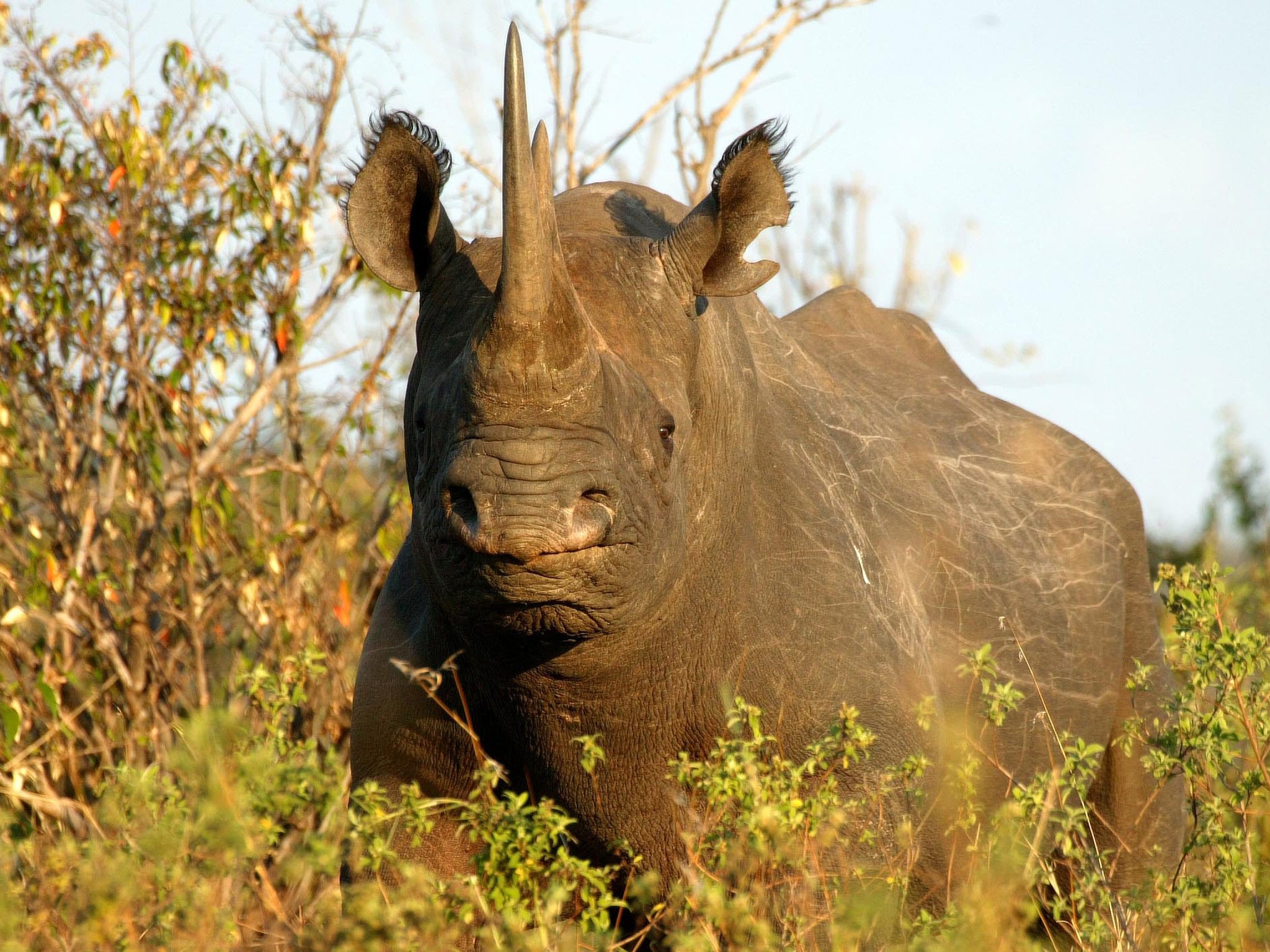Google gives £500,000 to project using camera traps to help save Rhinos

A project created by the Zoological Society of London (ZSL) that uses Raspberry Pi computers to curb the illegal poaching of rhinos in Kenya has been rewarded with a £500,000 prize from Google.
The Global IT Challenge aims to award innovative uses of technology that "tackle some of the world's biggest challenges" with three top prizes selected by a panel of judges including Sir Tim Berners-Lee and Sir Richard Branson, and a fourth prize designated the "people's choice".
The public vote awarded the efforts of the ZSL with £500,000 to deploy camera traps in Tsavo National Park, Kenya.
The cameras, which are powered by Raspberry Pi computers, use automated sensors to transmit images of intruders in the park and triangulate the sounds of gunshots. These features will allow park-rangers to quickly pinpoint poachers' locations and intervene immediately.
In Africa one rhino is killed every 11 hours, with poachers answering soaring demands for the animal's horn, which is prized for alleged medicinal properties.
ZSL's field conservation director, Professor Jonathan Baillie, says: "These life-saving cameras will help stop the slaughter of rhinos, which has seen more than 1,000 killed in Africa in just eighteen months.
The other winners of Google's Global Impact Challenge included Solar Aid, Integrity Action and CDI Apps for Good. Each of these three projects will also receive half a million pounds, and mentoring from Google.
Solar Aid aims to provide access to solar lighting to off-the-grid communities in Africa; Integrity Action will improve public infrastructure in war-torn countries by monitoring where aid money is distributed; and CDI Apps for Good wants to help school children create their own apps with an in-school learning platform.
"I've been blown away by the ambition and vision of Britain's social entrepreneurs," said Jacqueline Fuller, director of Google Giving. "They're sparking a new wave of excitement to change the world."
Berners-Lee commented that "the web's contribution to economic progress has been much celebrated, but I believe that we are only scratching the surface of its potential to solve social and political problems."
Videos detailing the winning projects can be seen here.
Join our commenting forum
Join thought-provoking conversations, follow other Independent readers and see their replies
0Comments